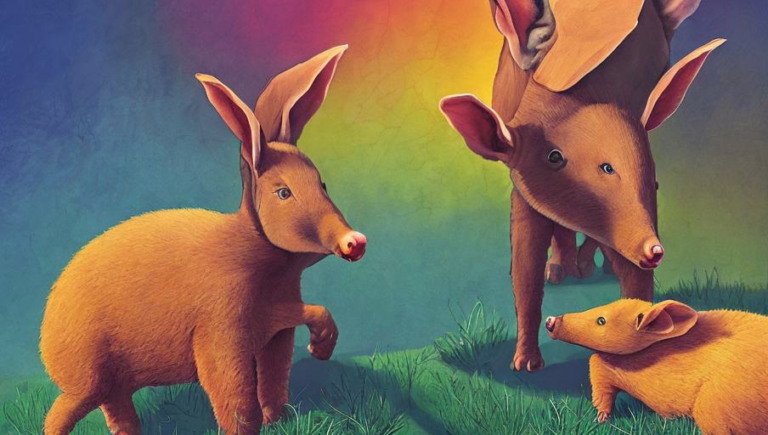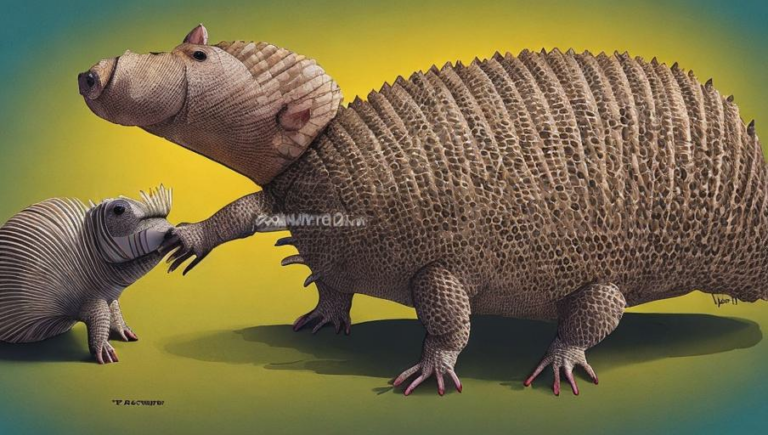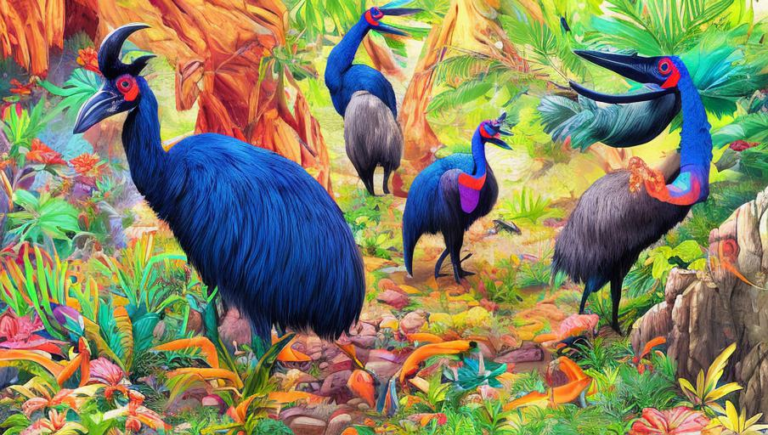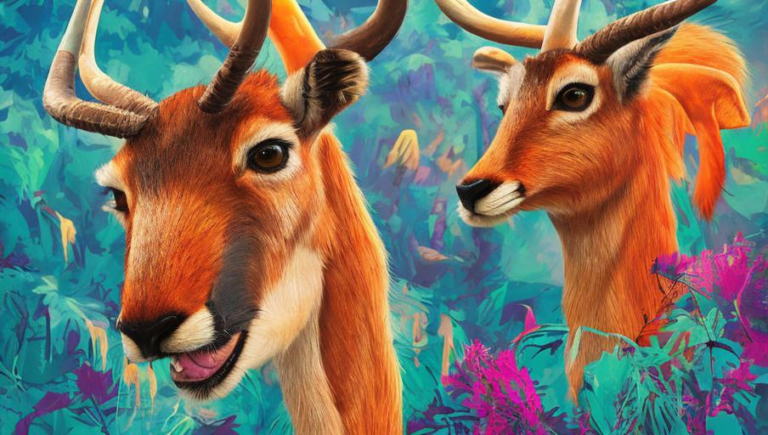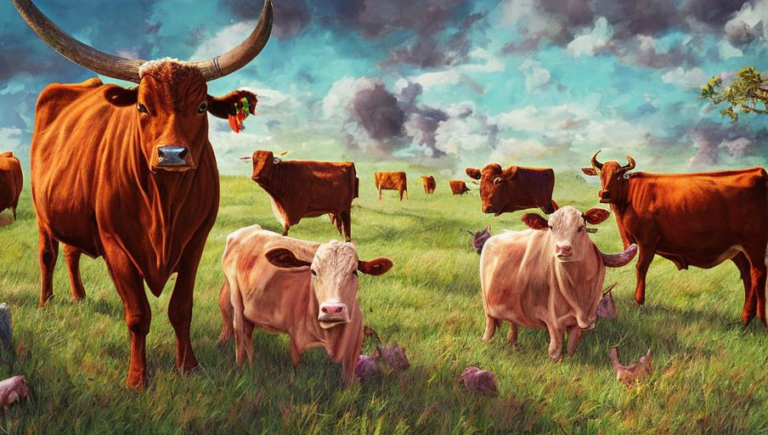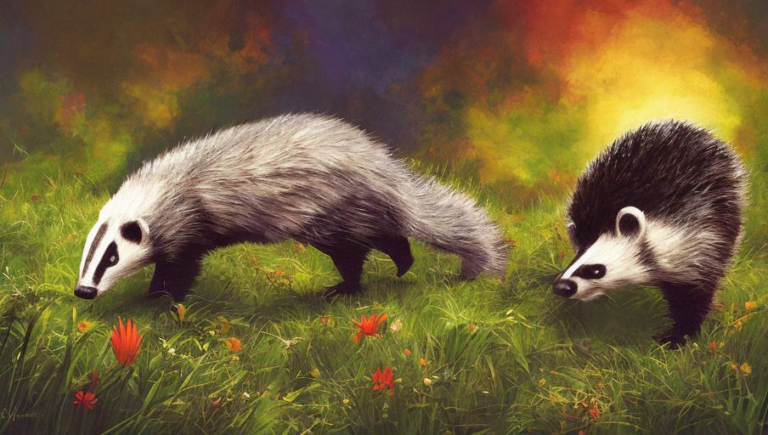Impact of Ants on the Ecosystem
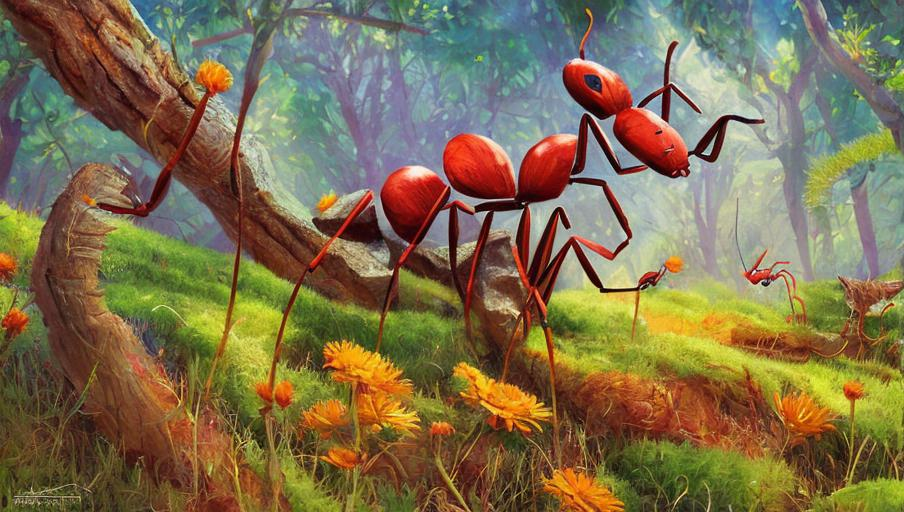
How Do Ants Impact the Ecosystem?
Ants are an incredibly important part of the global ecosystem. They are a keystone species, meaning they have an outsized influence on their environment relative to their size. Ants have been around for millions of years, and are incredibly adaptable and resilient. They are also incredibly diverse, with over 12,000 species identified and more being discovered all the time.
Ants play a variety of roles in the environment, from pollinating and dispersing seeds to aerating the soil and controlling pest populations. They also form complex societies, and serve as a food source for other species, such as birds and lizards.
Pollination and Seed Dispersal
Ants play an important role in pollinating and dispersing a variety of plants. They are especially important for dispersing seeds of plants with fleshy fruits and nuts. Ants collect these fruits and nuts, and carry them back to their nests, where they eat the fleshy parts and discard the seeds. This process helps to spread the plants, and ensure their survival and growth.
Soil Aeration and Fertility
Ants are incredibly active, and their constant movement helps to aerate the soil. This process helps to improve the soil’s fertility, and make it easier for plants to take root and grow. Ants also help to loosen compacted soil, and reduce erosion.
Pest Control
Ants are also important for controlling pest populations. They feed on a variety of insects, including aphids, caterpillars, and other pests. By keeping these populations in check, ants help to protect plants from damage, and reduce the need for pesticide use.
Food for Other Species
Ants also serve as an important food source for other species, such as birds and lizards. These animals feed on the ants, providing them with a vital source of nutrition.
Conclusion
Ants are an incredibly important part of the global ecosystem. They play a variety of roles, from pollinating and dispersing seeds to aerating the soil and controlling pest populations. They also serve as a food source for other species. Their importance to the environment cannot be overstated, and it is important to protect their habitats and ensure their continued survival.
